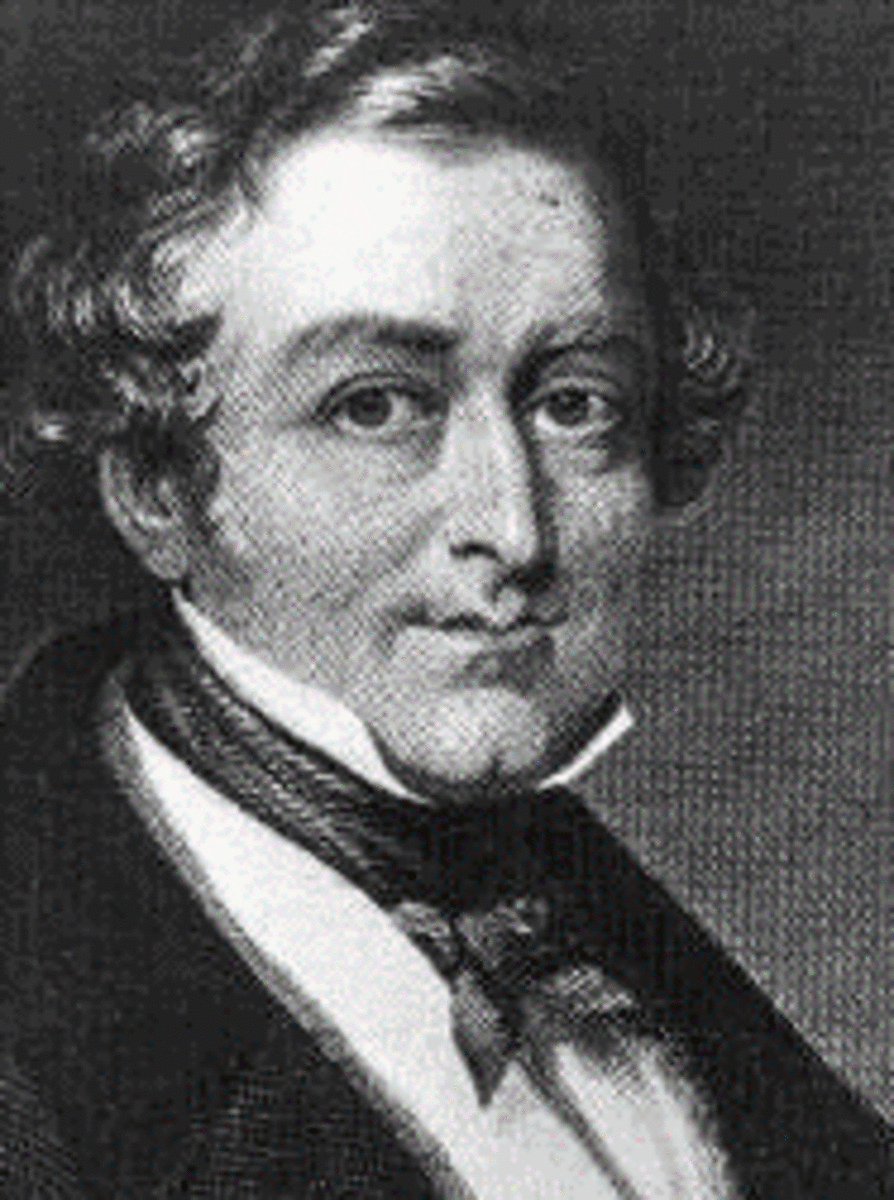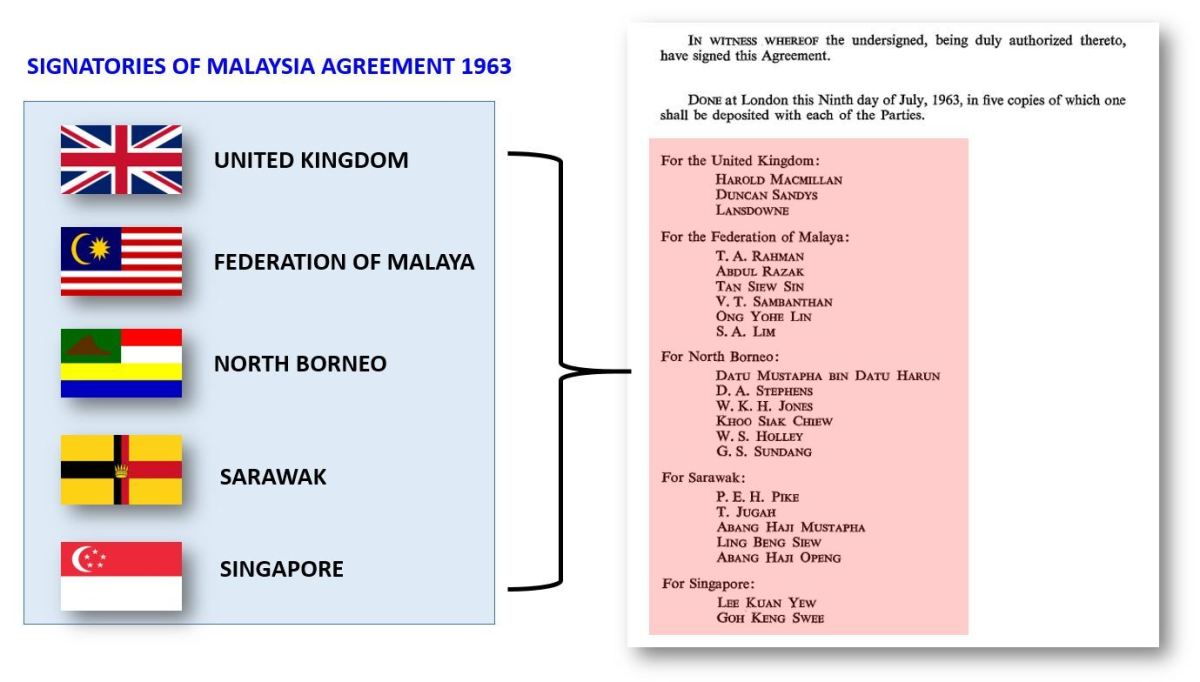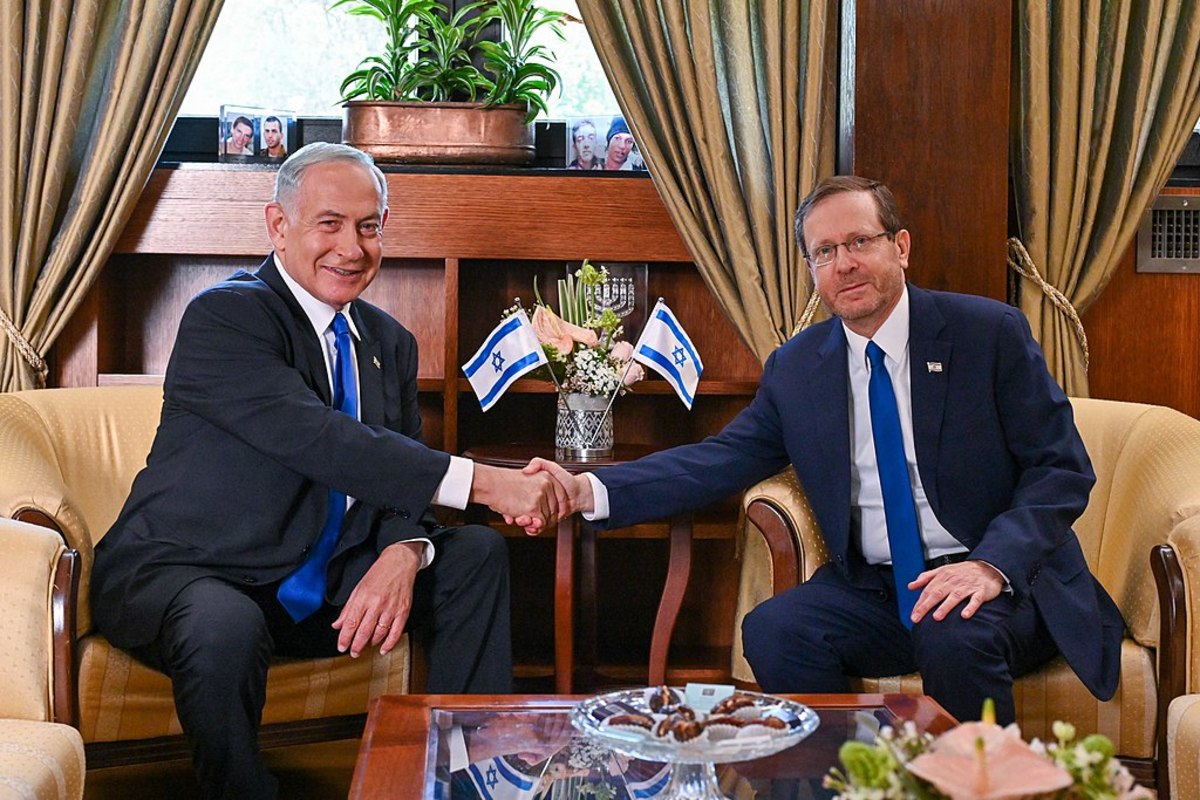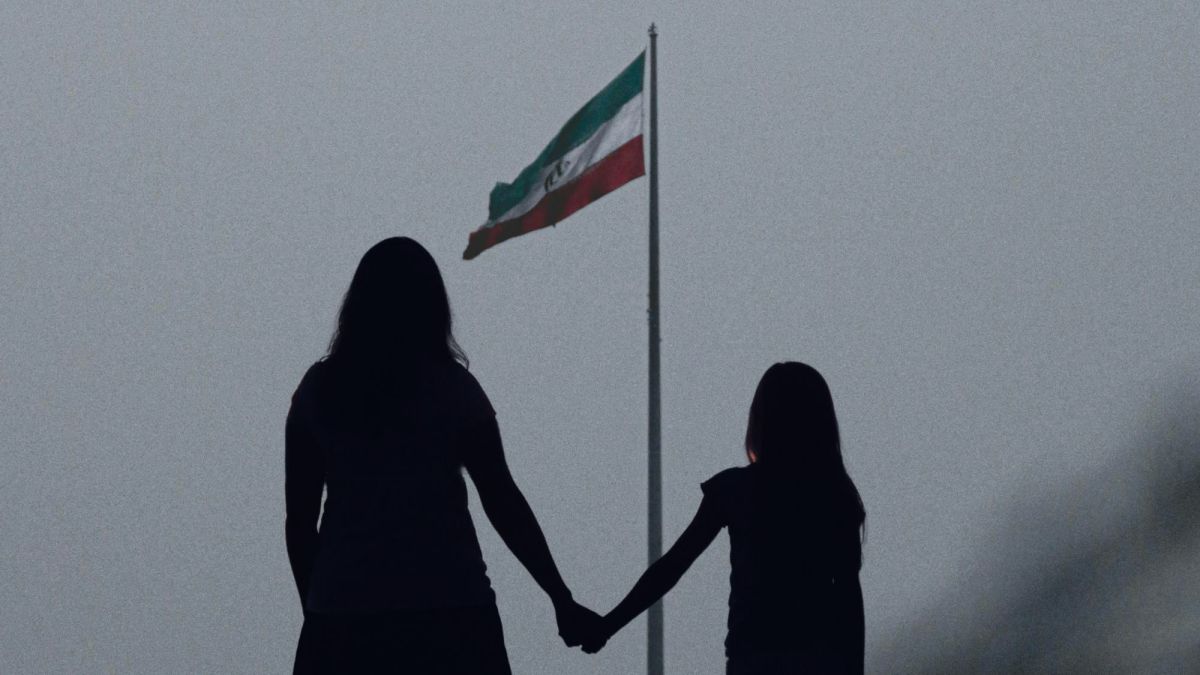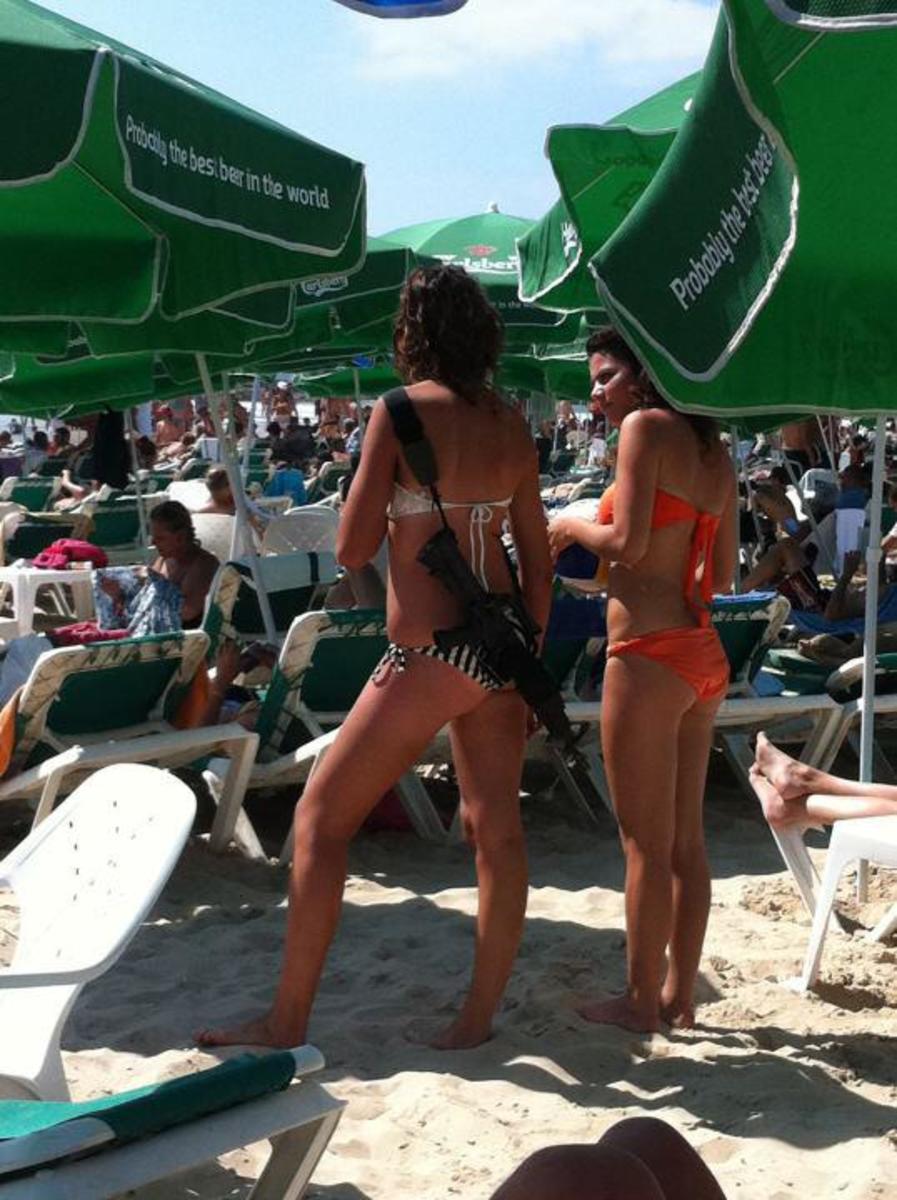Continuing Disagreements Over the Electoral Law
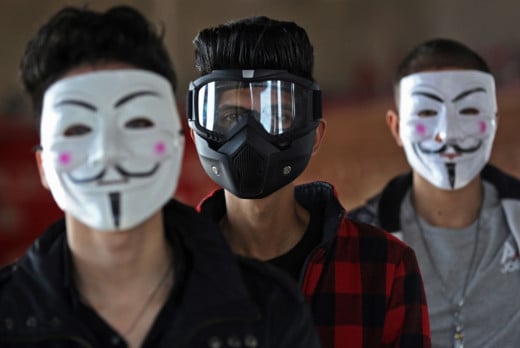
Baghdad | With parliament failing so far to pass the new electoral law, the Supreme Religious Authority (Ayatollah Ali al-Sistani) has renewed criticism of the procrastination of parliamentary blocs, repeatedly calling for a "fair and equitable law", restoring "citizens' confidence in the electoral process". In this context, the statement said that "the closest and safest way to get out of the crisis, and avoid going into the unknown or chaos or infighting, refer to the people by holding early elections, after the enactment of a fair law for it, and the formation of an independent commission to conduct it", adding that "the observer sweats the passage of a law elections, and the controversy over some of its key articles has worsened". While the "reference" stressed the need to speed up its adoption, it was notable that it defined the criteria for its acceptance, to be "consistent with the aspirations of the voters, to take care of the sanctity of their votes, and not to be allowed to circumvent them", and warned that "the adoption of a law that does not have these specifications will not help to overcome the crisis".
At this time, meetings continue to settle the controversial paragraphs of the law, notably Article 15, which represents the essence of the new system, in terms of the mechanism for calculating votes and adopting the distribution of seats. The electoral denominator and voting, while article 16 relates to the mechanism of the "women's quota" and how it is calculated in accordance with the Constitution, i.e. 25 percent. On December 18th, parliament voted on the first 10 articles, but political differences prevented the vote from being completed, bringing the session to Monday,December 23rd. Although the Legal Committee submitted 6 proposals on Article 15 to avoid any problem, they did not meet the approval of the opposing parties, prompting the Speaker of parliament, Mohammed al-Halbousi, to close the press conference room, and prevent the deputies from making any statement, after they had committed to the room, thus failing to do so.
Also, the KDP mp, Sherwan Debdani, reveals that "political blocs (most notably the Coalition of the State of Law, the Coalition of Iraqi Forces, The National Approach, The Kurdistan Democratic Party, and Al-Hikma) have submitted more than 6 representative proposals to solve the dilemma of Article 15, and to facilitate the process of The new project is passed, explaining to Al-Akhbar that the most prominent of the proposals is:
- Accreditation of multiple departments at the level of the judiciary
- Accreditation of multiple departments at the level of the province
- The number of seats in parliament has been adopted and distributed to 320 constituencies
- The province should be a single district, and the "St. Lego 1.7" system is in place (the last elections were held in May 2018 and according to it)
- Resort to the option of 60% single lists, 40% party lists.
- Adoption of the Swedish electoral system, based on percentages.
Article 16, he said, is "not controversial", because it speaks of "women's quotas", and parliament does not have the right to vote on it "unless the features of the electoral system specified in article 15 of the new draft are defined", noting that "small political forces, including minorities, are afraid of Excluding their rights in conflict zones, if small multi-circle options are used, and this may lose seats in large areas with a small audience".
Informed political sources, in an interview with Al-Akhbar, assert that "the blocs agreed to pass the law next Monday, in accordance with the system of multiple circles at the level of the judiciary, and the right to nominate an individual candidate by 100%". The sources show that the adoption of the judiciary as electoral districts may make the voting process "difficult", especially since the number of counties approved in Iraq is 163, of which only 122 are registered with the Ministry of Planning, which means that there are 41 unregistered districts. In addition to the fact that some districts do not exceed the threshold of their population of 100,000, which pays to merge them with some neighboring districts to raise the constitutionally prescribed threshold.
Articles Dropped from the Law
The new 50-article electoral law, which parliament began debating about a month ago, raises differences among political blocs. According to parliamentary sources who spoke to Al-Akhbar, "Kurdish forces wanted a system based on the preservation of a single electoral district and the adoption of the St. Lego system", at a time when Sunni forces called for the option of "the loudest votes, but with one electoral district for each province". The sources added that "Sunni forces objected to the proposal to cancel the elections abroad, because the number of voters outside Iraq is not small, as well as the requirement to complete the return of displaced persons and adopt the biometric card that includes the voter's fingerprint and image, and not the electronic that does not include any of them for fear of Forgery". In the midst of the controversy, article 9, which excluded ministers and presidents from the nomination, was removed from the electoral law, limiting the ban to security forces, members of the Commission and the judiciary, as the Constitution granted the right to nominate any eligible Iraqi. The dual citizenship requirement was also dropped because of opposition by some forces, which rejected the proposal to revoke citizenship for the winning member of Parliament after he was sworn in.
This content is accurate and true to the best of the author’s knowledge and is not meant to substitute for formal and individualized advice from a qualified professional.
© 2019 Hafiz Muhammad Adnan


